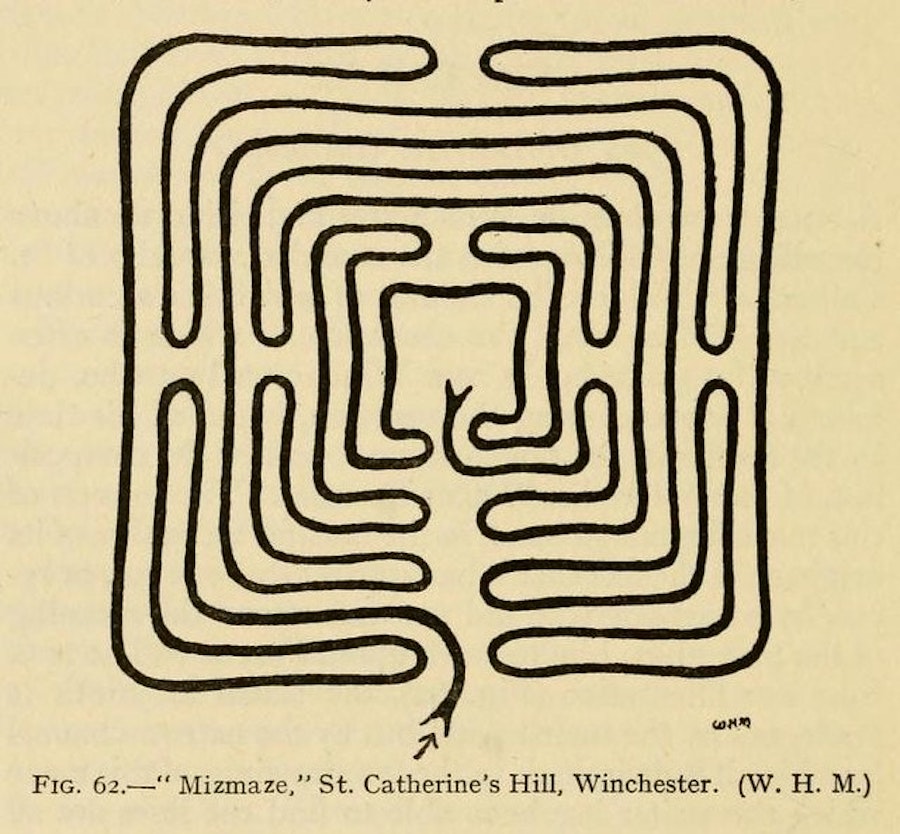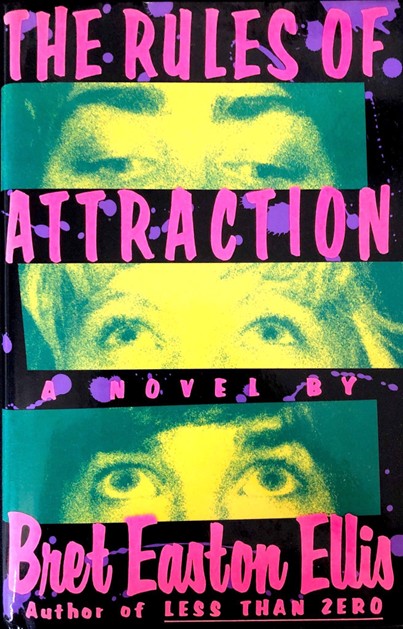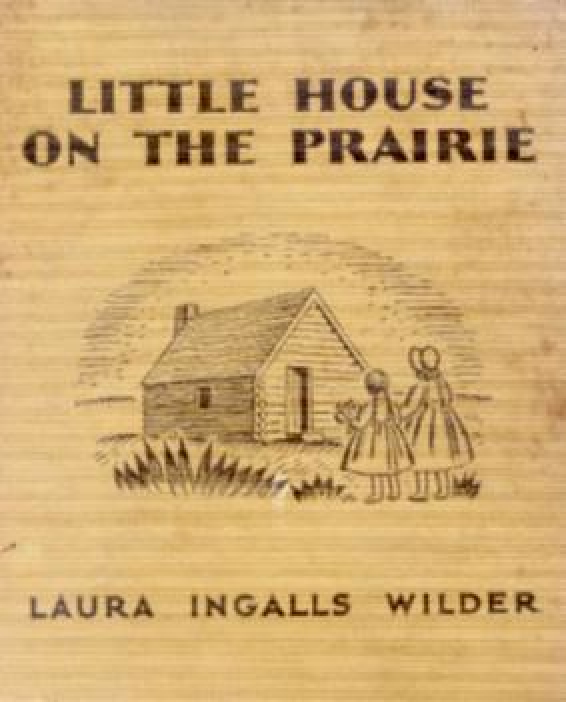Imagine you are in an airport, and you buy a book to read while you wait for your flight. You like the author and the cover seems interesting. Yet, when you go to sit down, the person across from you is reading Pride and Prejudice, while you’re reading yet another one of James Patterson’s books. You try to hide the cover of your book, because even if the other person hasn’t noticed, you don’t want to admit you’ve chosen pulpy genre over literature.
Publishing firms such as Pocket Books and Penguin Books sold the first “pulp” fiction at bargain prices in train stations, newspaper stands, drugstores, and dining establishments. While many of the novels were stereotypically tawdry, they also published pieces like Ralph Ellison’s Invisible Man and George Orwell’s 1984 (1) . These two pieces are now considered literature, which Sean Glatch considers “uncategorizable”. On the other hand, genre is a “marketing tool” that “follows certain formulas and tropes” (2) . However, tropes are “important building blocks of storytelling…because they help set and/or fulfill expectations readers have” (3). Setting up expectations is a ubiquitous need across all of writing, regardless of the type. Being upset that genre books use “gimmicks, plot devices, and Big Climaxes” is like looking for a kitchen knife to make dinner (4).
Some may say the issue with pulp genre is not with its execution, but its content. People dislike that “there are a hundred poorly written and better selling novels about sexy Werewolf hunters, Illuminati-chasing professors, or lawyers being chased by the Mafia”(4) . Yet, werewolves can also be a symbol for a beautiful, painful change; the Illuminati can explore how humans fear the unknown; the Mafia can be a metaphor for a past that won’t let go; “ghosts and vampires are never only about ghosts and vampires”(5) . If finding a supernatural element in a book immediately diminishes its power, then we should never read Hamlet. Even Glatch admits that “literary fiction can…be unrealistic, trope-y, and plot-heavy”, disregarding the denotative difference between literature and genre. The line between literature and pulpy genre is arbitrary and often an elitist marker of value.
Let us consider Edgar Allan Poe. Poe is a literary master who was writing about the macabre when those discussions were taboo. Poe even created the first archetypal detective story through pieces like “The Murder in the Rue Morgue” and “The Mystery of Marie Rogêt”… and they’re actually ridiculous to read. “The Murder in the Rue Morgue” revealed the murderer to be a kidnapped orangutan and “The Mystery of Marie Rogêt” has an agonizing twenty pages of Poe refuting various theories about the real-life murder of Mary Cecilia Rogers. Yet, despite their lack of verisimilitude, they are now considered literature. It’s hard to remember that what we think of as literary masterpieces were once just pulp. Contemporary genre pieces of today may earn literary status through perseverance and audience engagement, both things we still see today, even if not always with “literature”.
The Hunger Games is the pulp to 1984’s literature. The only thing they seem to have in common is its genre. Yet, the internet abounds with articles analyzing The Hunger Games in terms of human rights, corruption, war, love, the modern celebrity complex, privilege, rebellion, revolution, and so on. We feel devastated at Rue and Primrose’s deaths just as much so as when Winston is tortured in Room 101. What determines a piece’s merit isn’t based on how literature is defined, but how it resonates with an audience. 1984 resonated with people in the 20th century, with the birth of fascism after buckling under the pressure of two world wars and a global economic disaster. Likewise, The Hunger Games resonated with a 21st century audience due to the prevalence of reality television, rampant corporate and governmental violations of privacy, and increasing income disparity. Good stories have teeth, but we find teeth where we look for them.
And we see those teeth marks everywhere. My name comes from a Dungeons and Dragons in-fiction serialization because my parents believed one of the characters was a good role model for me. I have had many conversations fit for an advanced English class, inspired by Warhammer 40k in-fiction novelizations where comic writer Dan Abnett has a horrifyingly poignant description of how war destroys the human spirit, immediately followed by a Shakespearean-level dick joke. I make a pastime of going to bookstores and browsing through parts of their catalog with bad photoshop covers and laughable summaries. Even here, I find revolution. I find a book about two Asian men falling in love and running a business empire together, or a sapphic romance novel with time travel, or a well-illustrated graphic autobiography about being neurodivergent, lost in the shelves with the other dime novels.
Pulp is not a denotation of quality; it’s a denotation of accessibility. From the day Penguin Books was born, it has never been about making good or bad novels, but about ensuring people can hold them in their hands. If you use academic or marketing standards to denote value, then you may miss out on the greatest books of your life. When you take your James Patterson book onto your flight, do it knowing that you chose what resonated with you, not the newest ‘uncategorizable’ piece academia is currently lauding. You don’t have to read 1984, you just have to read what counts as significant as 1984 for you.
Notes:
1. Menaud, Louis. “The Birth of Pulp: Pulp’s Big Moment.” The New Yorker, The New Yorker, January 5, 2015. https://www.newyorker.com/magazine/2015/01/05/pulps-big-moment.
2. Glatch, Sean. “Literary Fiction vs. Genre Fiction.” Writers.com, Writers.com, August 31, 2021. https://writers.com/literary-fiction-vs-genre-fiction. 3. Brewer, Robert Lee. “What Are Tropes in Writing?” Writer’s Digest, Writer’s Online Workshop, April 16, 2022. https://www.writersdigest.com/write-better-fiction/what-are-tropes-in-writing.
4. Kelly, Tod. “The Real Issue with Genre Fiction.” Ordinary Times, Ordinary Times, June 22, 2022. https://ordinary-times.com/2012/06/22/the-real-problem-with-genre-fiction/.
5. Foster, Thomas C. How To Read Literature Like a Professor. New York: Harper Perennial, 2014.




